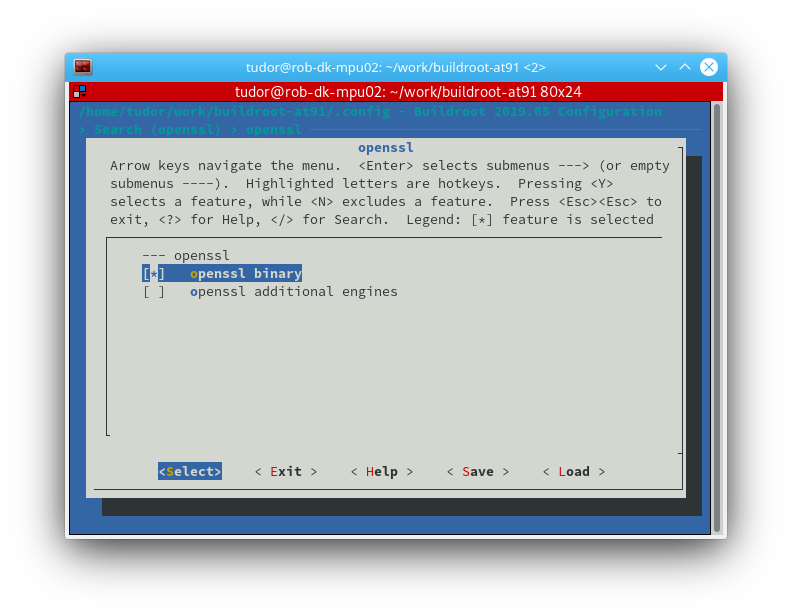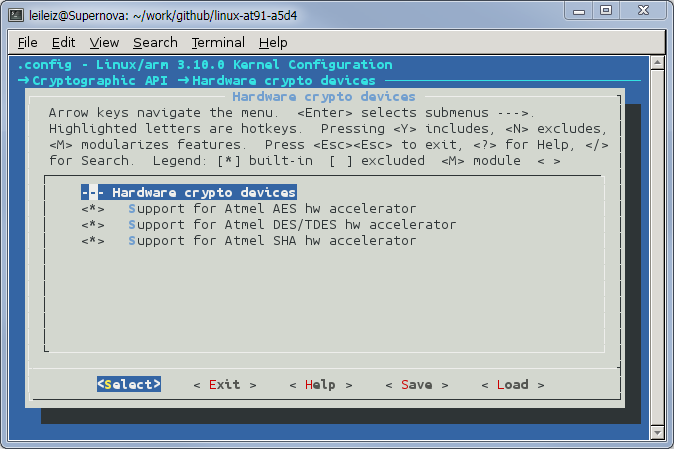You may encounter an error code pointing to the openssl of the linux kernel. Well, there are a few steps you can take to fix this problem, so we’ll go over them shortly.
Approved: Fortect
Kernel Documentation¶
ReST markup is definitely used by documentation/files intended forbuilt with Sphinx version 1.2, also known as Upper. If you want to buildPDF, version 1.4.6 is recommended.

OpenSSL Library
Instead of directly accessing encryption functions via CPU instructions or kernel APIs, we usually prefer to use the OpenSSL library, which can bundle these functions for us. Several steps may be required for OpenSSL to get any of the kernel APIs.
Loading The Kernel In KTLS
In modern FreeBSD and Linux distributions, kTLS can usually be built as a module (you see, the CONFIG_TLS=m option). You must explicitly load the kTLS module into the kernel before anyone starts NGINX.
Linux Support Core
The result of all these discussions was the appearance of Kernel TLS in the general Linux 4.13 (2017) kernel with support for TLSv1 for.2 and AES128-GCM encryption. In fact, initially only encryption of outgoing traffic was supported, later decryption support appeared in all Linux kernels 4.17 (2018). Version 5. They 1 added support for TLSv1.3 and AES256-GCM, and version 5.2 also added shiformation of AES128-CCM (2019).

Kernel Support For TLS
In the Linux kernel version 4.13, a user space promotion was released for processes to offload certain cryptographic operations to the operating software, resulting in impressive performance transformations. Kernel TLS support is of great importance, since since 2017, when version 4.13 was released, OpenSSL often encourages kernel TLS forks. Many of these special forks are available on GitHub for OpenSSL 1.1.1, but this fragmentation is likely to result in serious security degradation. To minimize the footprint in the code base of the control system and at the same time maximize performance, the actual symmetrical part of the so-called “TLS record layer” should ideally be specially handled by the kernel – the TLS handshake. will, even when using the TLS core, be mediated by the user application (OpenSSL in this coverage). This allows the sendfile() system call man7.org/linux/man-pages/man2/sendfile.2.html in the market to avoid unnecessary copying to human space only.But in order to eventually return it to the kernel after encryption – copy space. In addition, Kernel TLS allows you to use network adapters that support built-in hardware encryption.
What Is OpenSSL On Linux?
OpenSSL is an encryption software library or toolkit that helps secure communications in computer networks. . The OpenSSL program is a command-line tool for supporting the use of various cryptographic functions of the OpenSSL cryptographic library from the shell.
Approved: Fortect
Fortect is the world's most popular and effective PC repair tool. It is trusted by millions of people to keep their systems running fast, smooth, and error-free. With its simple user interface and powerful scanning engine, Fortect quickly finds and fixes a broad range of Windows problems - from system instability and security issues to memory management and performance bottlenecks.



